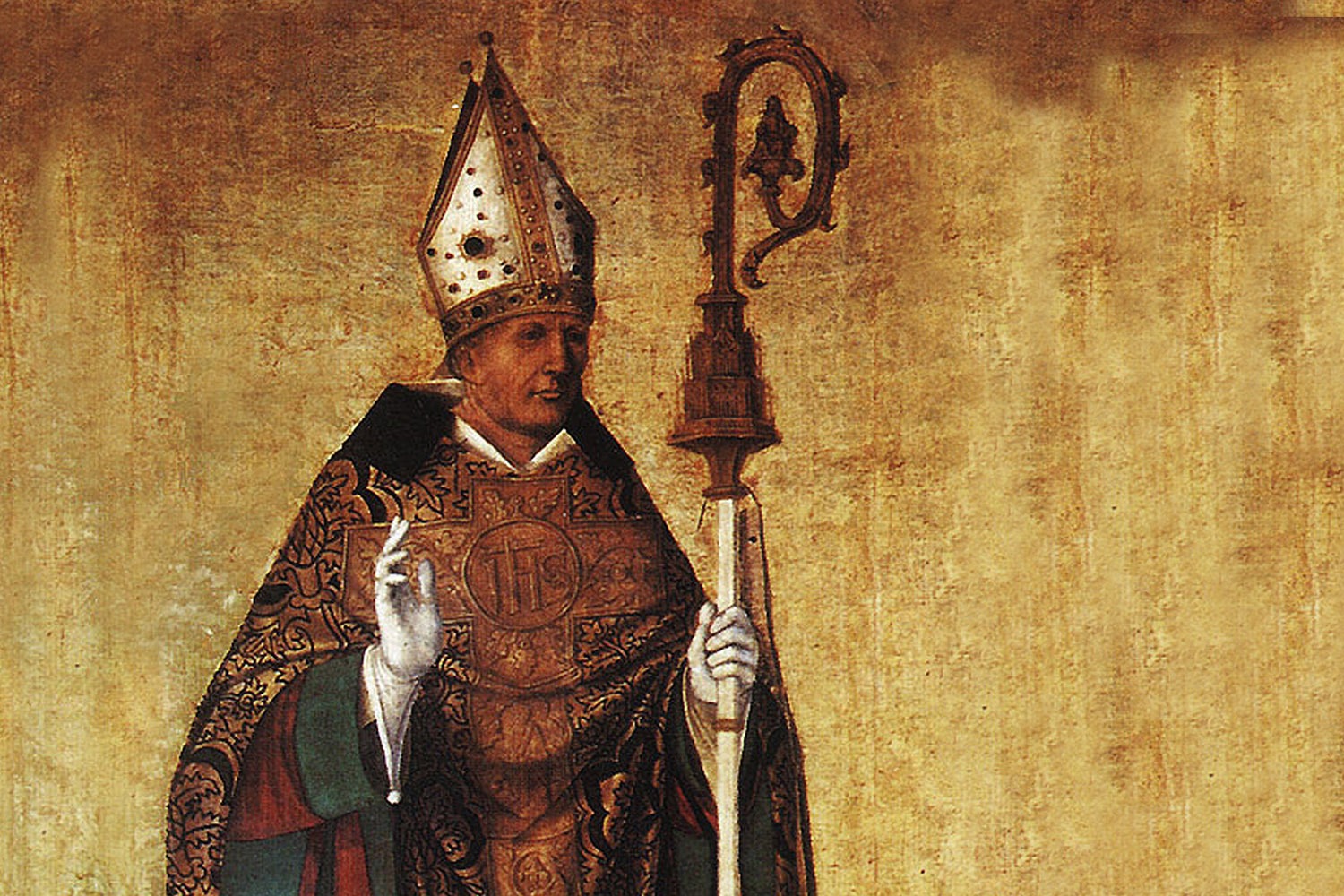Mariannina: Sicily’s own Virginia Woolf
“Who shall measure the heat and violence of the poet’s heart when caught and tangled in a woman’s body?”, laconically said Virginia Woolf, one of the greatest poetesses of all time, confessing her sorrow in A Room of One’s Own. An awful inner torment that felt by many female intellectuals like her. Often more cultured, witty and refined than many of their male counterparts, they were relegated to the narrowest corners of history if not to total anonymity. These were women who possessed an absolutely exclusive and intriguing sensibility, but forced, in order to survive economically and socially, to lead submissive, inauthentic and depersonalised lives (they often used a male pseudonym to reach a broader audience). A life spent observing without ever being able to act, cursing their female body or even hoping to be deprived of it. Can you imagine a torment worse than this? Even Sicily had its Virginia Woolf: her name was Mariannina Coffa. Although she shared a tragic end with the British writer, our countrywoman was never fully rewarded with the recognition she deserved, neither in life nor posthumously.
Mariannina, daughter of a prominent lawyer in the highest political circles of the Reign of Naples, was born in Noto in 1814. It seems she was a child prodigy: at the age of 10, in fact, she created verses with extraordinary skill, enough to be entrusted to the expert writer don Corrado Sbano to refine her technique. This was the first of many events that would irreparably leave a mark on her life: the authoritarian guide of the churchman, who regularly censored readings and writings, which contained hints judged too libertine, suffocated the fervent creativity of the young woman. However, Mariannina took off a few years later, when she fell in love with the piano teacher Ascenso Mauceri. Their love was always a painful chimera: her family put the cold economic interests before feelings and forced her to marry a wealthy landowner. The woman’s wound never heal and her poetic canto was coloured by an incurable nostalgia, by a worried longing for fulfilment. Right from this unjust deprivation will arise her most splendid verses, like those in the poetry Love: “Give me a heart/ inspired by the breath of my love/ That confounds its sweetest throbs/ to my sighs/ A heart that feels/ its life united to my heart/ That give its pain/ to my secret pangs!/ Give me a heart/ That can understand my spirit,/ That has the candour of the angels/ That loves as you love in heaven./ Thus, only then could I/ Believe my dreams,/ I could live in the ecstasy/ of song and love”. Mariannina died in 1876, at the young age of 36, in extreme poverty and solitude. Disowned by her family for leaving her husband’s house, she wrote letters shortly before her death (another point of contact with Virginia Woolf), cursing all those who had imposed the unhappiness of an existence never free to choose your own path.
Mariannina Coffa’s poems remain, of course, but also does her dream which is as powerful as it is ruined. In her longing for a celestial purity, in her long-awaited detachment from the turbid reality that surrounds her, an invocation to a rescuing beauty, the search for a moment of wonder that, however illusory, can remove her from the misery of her condition. The poetic verse, on the other hand, is the whisper of an unspoken cry, the momentum of an impeded movement, the future that projects a downward look towards the dizzy height of happiness. Mariannina is no exception: an extraordinary, unlucky and broken-heartedwoman with the mirage of a parallel life, that is, the bitter company of what could have been and was not.
Translated by Daniela Marsala



